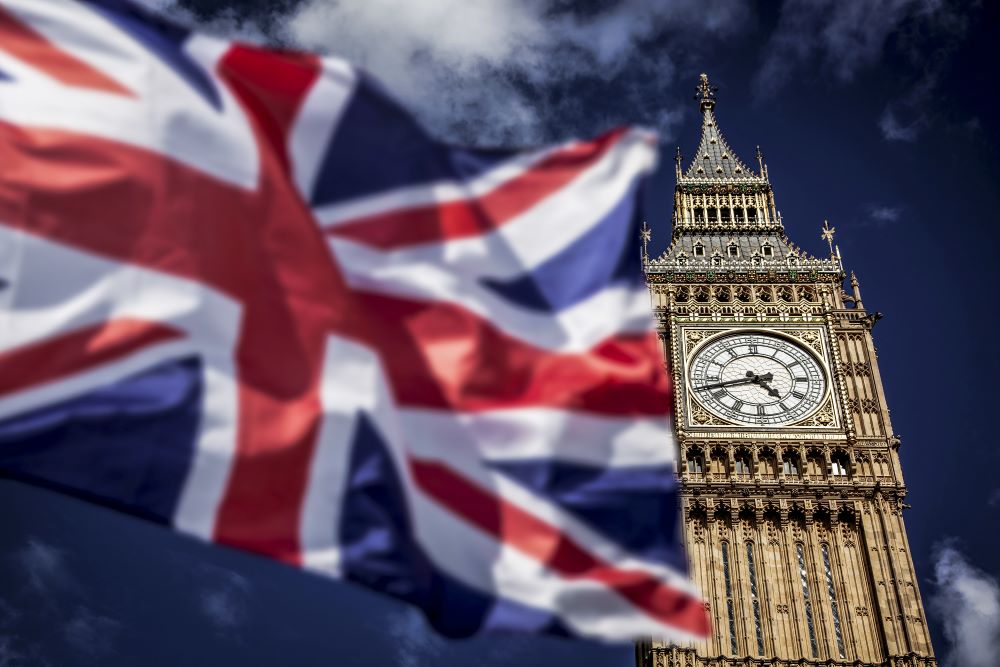
UK chancellor Jeremy Hunt issued a series of tax cuts in his Autumn Statement today (22 November), as well as also announcing extensions to the investment zones and freeports programmes.
However, revised growth forecasts cast a shadow over the announcements.
Investment zones
The chancellor announced several new investment zones - four of which were outside of England, including one in Flintshire and Wrexham - with £160m in tax relief and other business support to be provided to the zones over the course of 10 years.
Three investment zones had been unveiled before the Autumn Statement: West Yorkshire, South Yorkshire and Liverpool City.
Freeports will also see tax relief extended from five to 10 years, while a newly-announced £150m Investment Opportunity Fund will be provided to support the programmes.
Manufacturing boost
Hunt also confirmed he would make £4.5bn worth of investment available to “strategic manufacturing sectors”, among them aerospace and electric vehicle firms. The funding will be available between 2025 and 2030.
The life sciences sector will receive a total of £520m in support, while companies working in green energy will receive £960m.
Other measures designed to spur business activity include £20m to help universities develop spin-out companies, such as the University of Oxford’s Nanopore Technologies project, while £50m is also being spent on funding apprenticeships in “key growth sectors” such as engineering.
Small business
Grabbing the headlines among Hunt’s tax-cutting measures is likely to be the 2% reduction in the rate of National Insurance Contributions (NICs). Hunt also detailed a raft of measures aimed at boosting businesses that included a one-year freeze on the small business multiplier.
In addition, the 75% business rate discount on retail, hospitality and leisure will be extended by a year.
Tax requirements on the self-employed are being reformed as class 2 NICs is abolished, saving the average self-employed person £192 a year, according to the chancellor.
The “fiscal headroom” for these spending commitments, according to Hunt, is represented by a new Office for Budget Responsibility (OBR) forecast that predicts debt as a proportion of GDP will come down to 94% next year, as well as falling inflation.
Growth pains
Other new OBR statistics offer a less promising picture of the economy, however, as the FT reports the government unit has sharply revised down its prediction for UK growth over the next two years.
The forecast for 2024 has been cut from 1.8% to 0.7%, while the number for 2025 has gone from 2.5% to 1.4%.
Planning process
“It takes too long,” Hunt argued elsewhere in his speech, “to approve infrastructure projects and business planning applications.” With that in mind, he said he would reform planning to accelerate applications and approvals.
Local authorities, he explained, will be able to get the full cost of a business planning application back if they can meet guaranteed faster timelines for processing – but the fees will be automatically refunded if they cannot do so.
The Reeves reaction
Shadow chancellor Rachel Reeves responded after Hunt’s speech by arguing that the 2% NICs cut would not offset previous recent increases, and that failure to update tax bands equalled an effective rise of 10% in recent times.
Thresholds on income tax rates are indeed set to remain in place despite inflation, a fact set to create an additional four million income tax payers and bring in £45bn for the treasury, according to BBC reporting on the OBR’s numbers.
Turning to the growth forecast revision from the OBR, Reeves said that “growth has hit a dead end” in the UK, while lamenting that those paying mortgages in the country continue to deal with rocketing interest rates.



